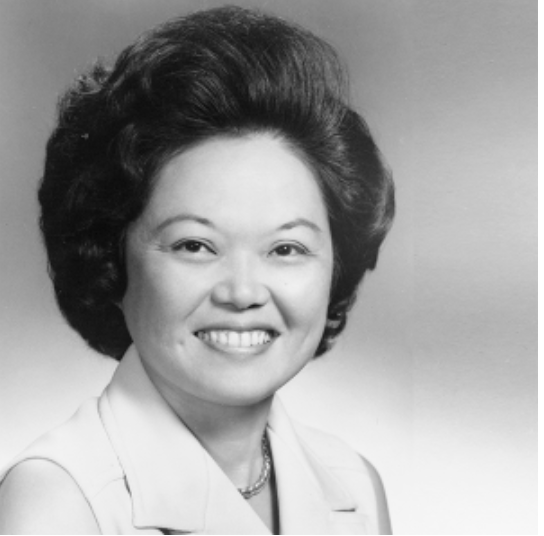Women's History Month
Every year, during the month of March, Women’s History Month is celebrated. Women’s history month began as a celebration in Santa Rosa, California in the 1970’s. It originally was a week long, with the official Women's History Day in the middle. Over time, the idea spread throughout America, and in 1980, Former US President Jimmy Carter declared the week of March 8 Women’s History Week. Later on, this weeklong celebration was extended to last the entire month of March. Every year, Women’s History Month has a different theme. This year’s theme is “Women Who Advocate for Equity, Diversity and Inclusion” (NWHA). In previous years, the themes have ranged from “Celebrating Women Who Tell Our Stories” to "Generations of Women Moving History Forward".
In honor of Women’s History Month and its theme, here are some women who have been trailblazers in championing equity, diversity, and inclusion:
Patsy Mink
Patsy Mink was the first woman of color elected to the United States House of Representatives. She was born and raised in Hawaii, and was the first Japanese-American woman to practice law in the state of Hawaii. In 1964, she won a newly created seat in the House of Representatives, and became the first Asian-American woman to serve in Congress. During her time working in the government, she was responsible for protecting and helping to pass Title IX, an amendment that made it illegal to discriminate because of gender in federally funded programs at schools.
Ruth Bader Ginsberg
Ruth Bader Ginsbery was an associate judge of the Supreme Court of America. She was born in 1933, and obtained degrees from Cornell, Havard, and Columbia. She was appointed to the Supreme Court by Former US President Bill Clinton in 1993, and served until her death in 2020. During her time as a court justice, she was responsible for supporting several important rulings, including United States v. Virginia; where she argued against the Virginia Military Institute’s policy of male-only admissions, Gonzales v. Carhart; where she dissented against the passing of the Partial-Birth Abortion Act, and in Burwell v. Hobby Lobby; where she dissented against the ruling that employers could choose to exclude coverage for certain medical procedures in employer-provided health care.
Susan La Flesche
Susan La Flesche was the first Native American woman to earn a medical degree. She was born in 1865, and was a member of the Omaha tribe. She graduated from Hampton University, and attended medical school at the Women’s Medical College of Pennsylvania. After completing her medical schooling, she returned to the Omaha reservation in Nebraska, and became the only doctor on the reservation. Eventually, she opened the first privately funded hospital in 1913 through donations on a reservation.
Shirley Chisholm
Shirley Chishold was the first African American woman to be a member of Congress, as well as the first woman to ever run for President of the United States. She was born in 1924, and graduated from Brooklyn College and Columbia University. While in Congress, she contributed to many pieces of legislation that championed equal rights and the end of the Vietnam war. After her time in congress, she served as a teacher at Mount Holyoke College, a historically women’s college.
Sources:
https://www.womenshistory.org/womens-history/womens-history-month
https://www.womenshistory.org/education-resources/biographies/patsy-mink
https://www.universityofcalifornia.edu/news/what-title-ix
https://www.womenshistory.org/education-resources/biographies/shirley-chisholm




